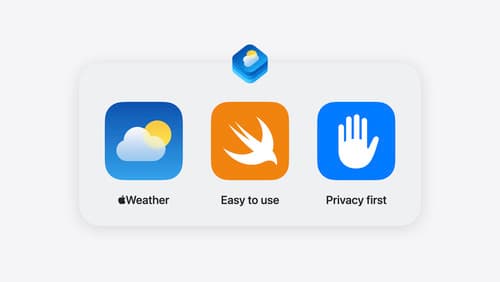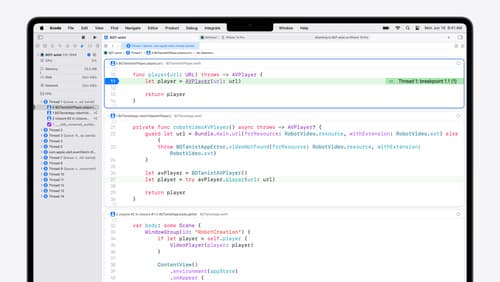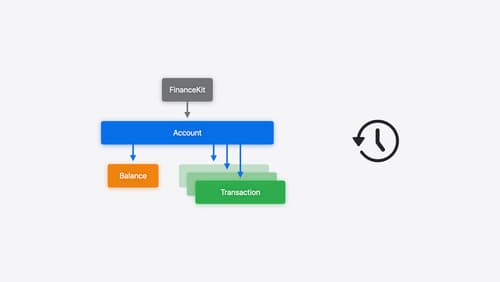Any changes to the unified log
Asked on 2024-08-09
1 search
There were no specific changes to the unified log mentioned in the provided context from WWDC. However, there were discussions about logging and tracking changes in different contexts:
-
SwiftData History:
- SwiftData history allows apps to track changes in the data store over time, including inserts, updates, and deletions. This can be useful for building features like time-ordered logs of changes that occur when the app is offline (Track model changes with SwiftData history).
-
CloudKit Console:
- The CloudKit Console provides detailed logging capabilities, allowing developers to monitor and optimize database activity. Logs can be customized, filtered by time range, and exported for further analysis (Use CloudKit Console to monitor and optimize database activity).
-
Xcode 16:
- Xcode 16 introduces new diagnostic logs for app launches, helping developers identify and prioritize performance issues (What’s new in Xcode 16).
If you have any specific questions about these logging features or need more details, feel free to ask!

Bring context to today’s weather
Harness the power of WeatherKit to get detailed weather forecast data such as precipitation amounts by type, cloud cover by altitude, or maximum wind speed. Find out how you can summarize weather by different parts of the day and highlight significant upcoming changes to temperature or precipitation. Understand how you can compare current weather to the past through our Historical Comparisons dataset and dive into historical weather statistics for any location in the world. We’ll also explore how you can do all of this faster with our Swift and REST APIs.

What’s new in Xcode 16
Discover the latest productivity and performance improvements in Xcode 16. Learn about enhancements to code completion, diagnostics, and Xcode Previews. Find out more about updates in builds and explore improvements in debugging and Instruments.

Meet FinanceKit
Learn how FinanceKit lets your financial management apps seamlessly and securely share on-device data from Apple Cash, Apple Card, and more, with user consent and control. Find out how to request one-time and ongoing access to accounts, transactions, and balances — and how to build great experiences for iOS and iPadOS.
